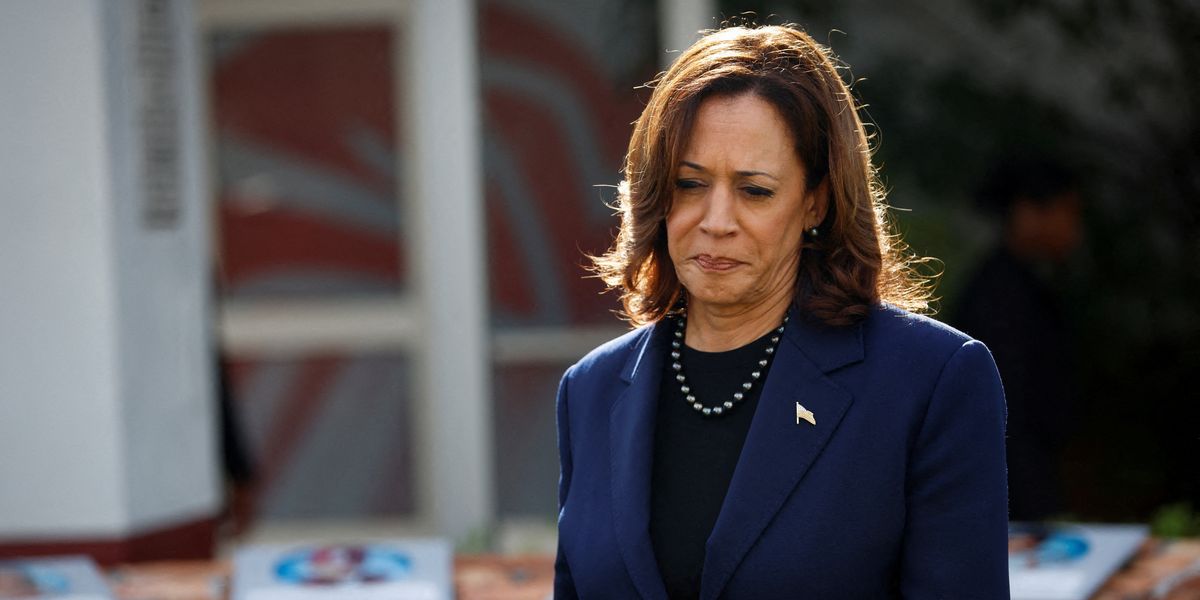Kamala Harris and the Gender Bias Review: A Deep Dive into Her Vice Presidential Approach
In a political landscape increasingly focused on issues of race, gender, and equity, Vice President Kamala Harris has made headlines for her unique approach to governance. A recent report by the New York Times sheds light on her tenure, revealing her commitment to addressing gender bias within intelligence briefings and policy discussions. This article explores the implications of her actions, the reactions they have garnered, and their potential impact on her presidential campaign.
A Commitment to Gender and Racial Equity
Kamala Harris’s focus on gender and race has been a defining characteristic of her vice presidency. According to the New York Times report, Harris ordered a comprehensive review of several years’ worth of intelligence briefings to identify possible gender bias. This initiative underscores her belief that the language and descriptions used in official reports can reflect and perpetuate societal biases.
An anonymous former staffer noted that Harris was consistently interested in issues of race and gender, to the extent that her aides would proactively include these topics in her briefings. "We all knew it was really important to her, so we would add that to her briefings without her needing to ask," the aide explained. This proactive approach highlights Harris’s commitment to ensuring that discussions around policy are inclusive and reflective of diverse perspectives.
Scrutinizing Language in Intelligence Reports
One of the more striking aspects of Harris’s focus on gender bias was her concern over the portrayal of female world leaders in intelligence reports. She reportedly took issue with the language used to describe these leaders, arguing that it often differed from the language applied to their male counterparts. This attention to detail reflects a broader commitment to challenging systemic biases that can influence perceptions of leadership.
Harris’s insistence on equitable language is not merely a matter of semantics; it speaks to the larger issue of representation and how women in power are viewed. By advocating for a more nuanced understanding of female leaders, Harris aims to shift the narrative and promote a more equitable discourse in political and intelligence circles.
Equity in Emergency Response
Harris’s focus on equity came to the forefront during crises, particularly during the COVID-19 pandemic and following natural disasters. In 2022, she called for the distribution of emergency resources "based on equity," emphasizing that minority and low-income communities are often the most vulnerable during extreme weather events. This approach was met with criticism, particularly from Republican Senator Rick Scott, who accused her of attempting to direct disaster aid based on race.
Despite the backlash, Harris’s stance reflects a growing recognition of the need for equitable resource allocation in emergency situations. By advocating for an equity-based approach, she seeks to address the systemic inequalities that can exacerbate the impact of disasters on marginalized communities.
The Legacy of Gender Bias Training
The implications of Harris’s focus on gender bias extend beyond her vice presidency. The New York Times report indicates that prospective intelligence agents in the U.S. are now being trained to better assess the context in which women leaders operate and the potential impact of gender on their decision-making and policy choices. This shift in training reflects a broader commitment to fostering a more inclusive and equitable environment within intelligence and policy-making spheres.
Navigating the Political Landscape
As Harris campaigns for the presidency, she faces the challenge of balancing her commitment to diversity, equity, and inclusion with the political realities of a divided electorate. Despite her efforts to distance herself from the "woke" label, she continues to advocate for policies that reflect her DEI credentials. For instance, in August, her office offered staffers nine different pronoun options, signaling her ongoing commitment to inclusivity.
However, Harris’s political fortunes appear to be fluctuating. With just days remaining until the November 5 election, she holds a narrow 1.4 percent lead over her Republican challenger, Donald Trump. Polls indicate that she has struggled to appeal to undecided voters, with her support flat-lining since late September. In simulated elections conducted by FiveThirtyEight, Trump emerges victorious more often than not, winning 54 out of 100 simulations compared to Harris’s 46.
Conclusion
Kamala Harris’s tenure as Vice President has been marked by a strong commitment to addressing gender bias and promoting equity in policy discussions. Her initiatives, including the review of intelligence briefings and calls for equitable resource distribution, reflect a broader effort to challenge systemic inequalities. As she navigates the complexities of her presidential campaign, Harris must balance her progressive values with the need to resonate with a diverse electorate. The coming weeks will be crucial in determining whether her focus on gender and race will bolster her candidacy or present challenges in a politically charged environment.
